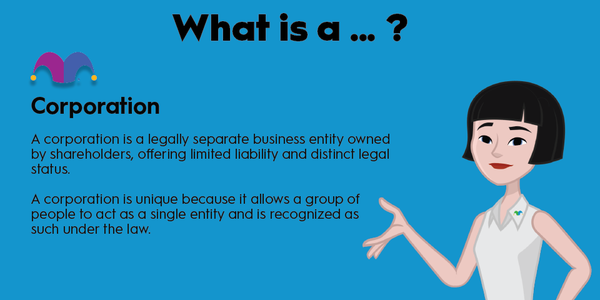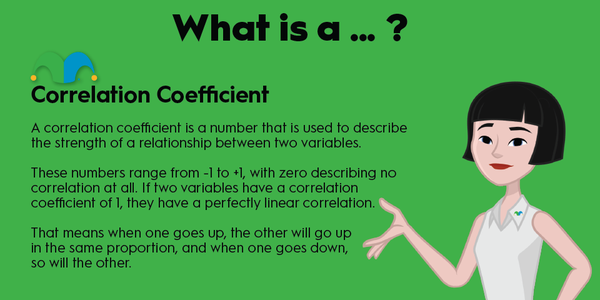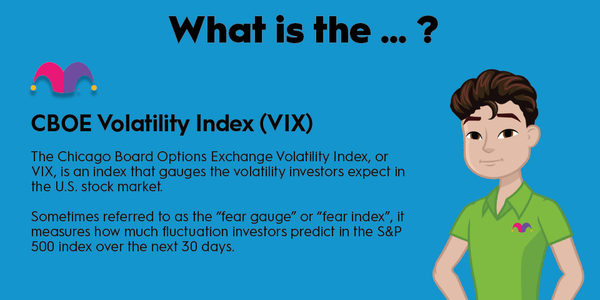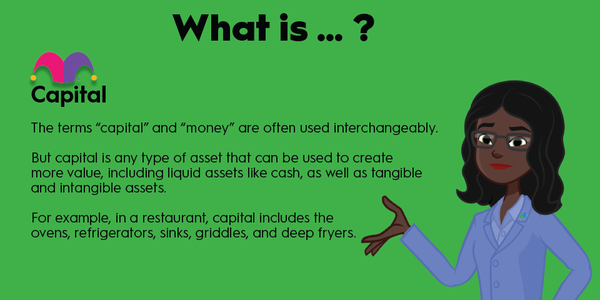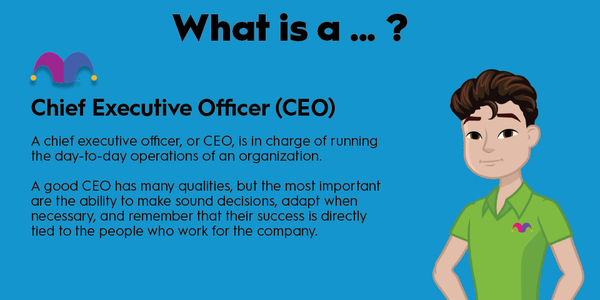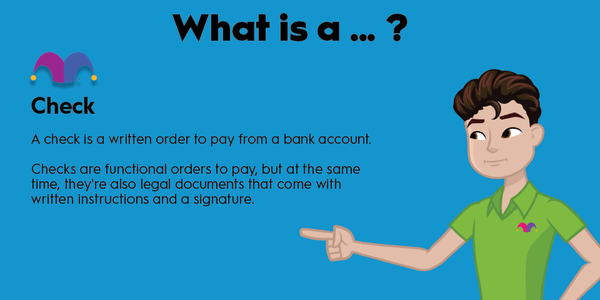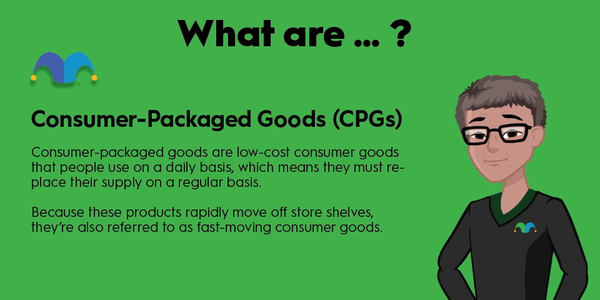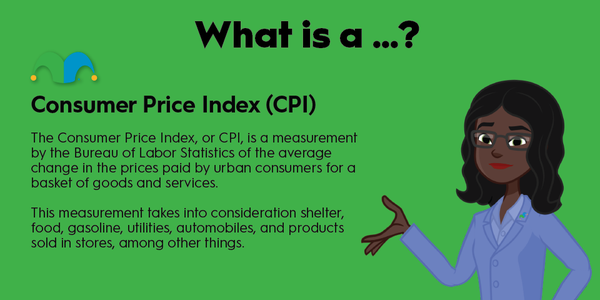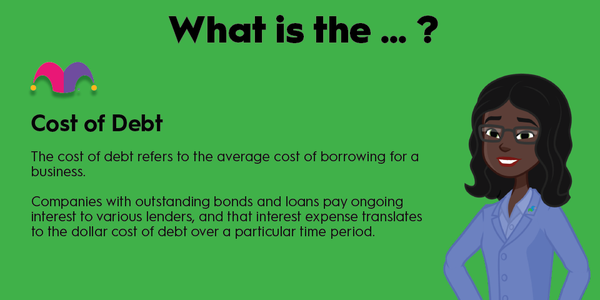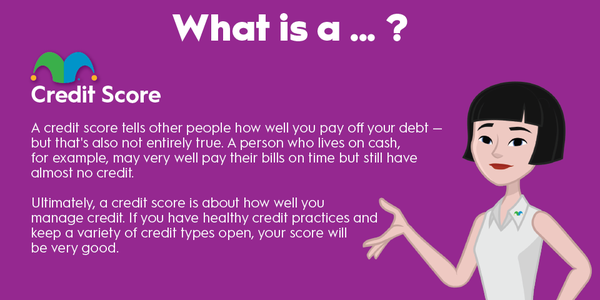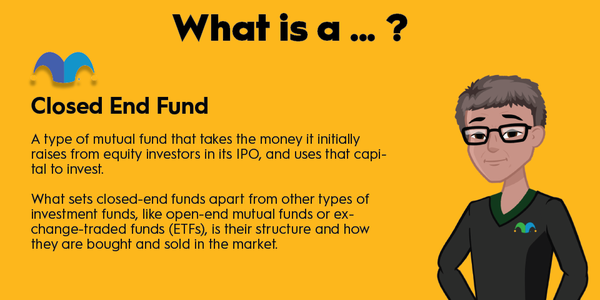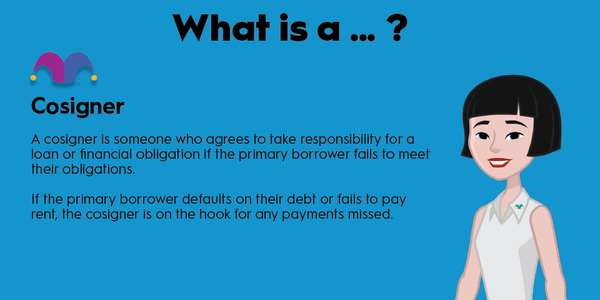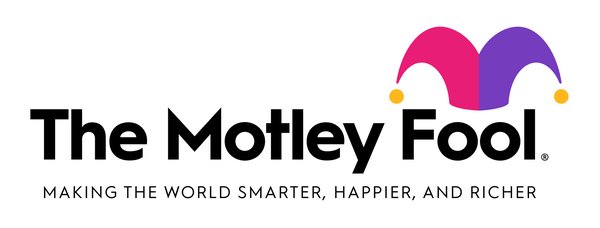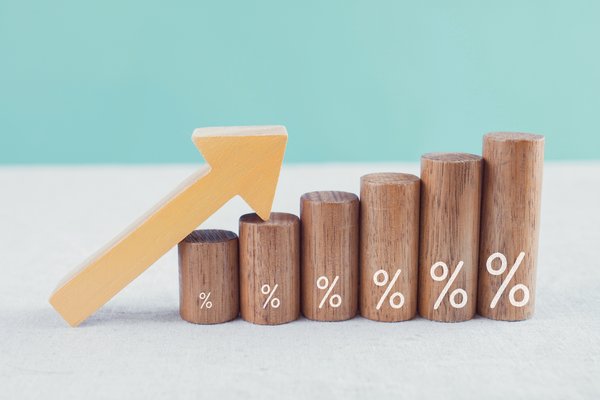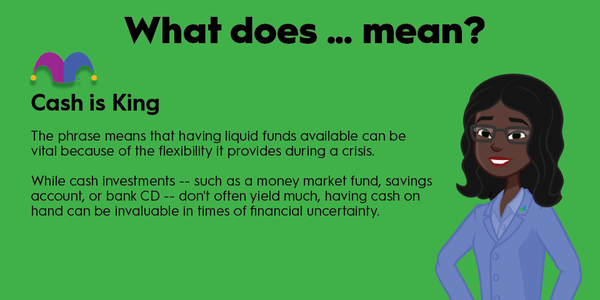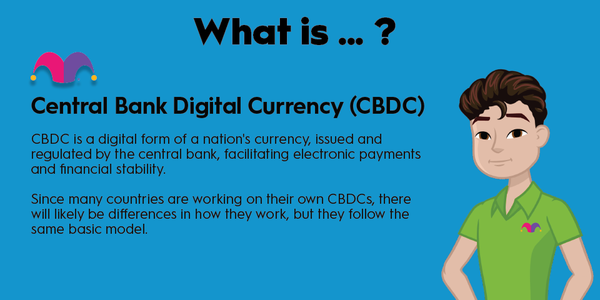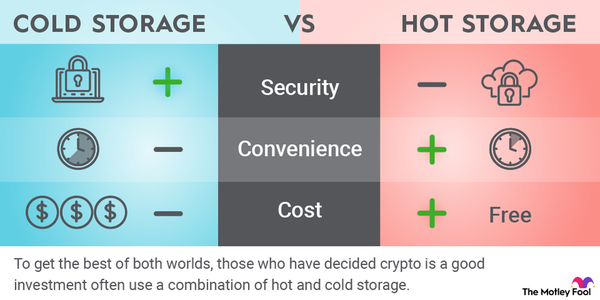Are you trying to get a better grasp on the economy's general direction? Concerned about how housing is performing? The Case-Shiller Housing Index can help answer these questions and more if you understand how it works.

What is it?
What is the Case-Shiller Housing Index?
The Case-Shiller Housing Index measures the change in the value of single-family homes in the United States on a monthly basis. It was started in 1991 and is commonly used as an economic indicator. The index is calculated using data from various sources, most publicly available.
There are a few requirements for transactions. They must be:
- Repeat sales
- Arm's-length transactions
- Detached single-family homes
Measuring changes between sales helps show how much has changed in local real estate values by comparing like-for-like homes. Further, limiting them to arm's-length transactions means values won't be skewed by sales to family or other parties that might get a significant discount.
How does it work?
How does the Case-Shiller Housing Index work?
The Case-Shiller Housing Index is a pretty sophisticated piece of data engineering. The basic premise is this: You take a home recently sold, match it to the previous time it sold, and calculate the difference between those two data points (called sales pairs). These values are then weighted to help account for things like major remodeling, additions, or (the opposite) extreme neglect.
The time window between sales is also considered in the weighting of the sales pairs when compared to the rest of the data set. Although the Case-Shiller Housing Index is distributed monthly, it's calculated using a three-month moving average to create a smoother distribution and help even out anomalous data.
Interpreting the index
How to interpret the Case-Shiller Housing Index
Because most single-family homes in the United States are owner-occupied, the Case-Shiller Housing Index can give us insight into the wider economy. Housing and the economy are tied together. When one is up, so is the other.
A rising Case-Shiller Housing Index reading points to a growing and healthy economy. Homeowners feel more secure and are more likely to spend on home remodeling, repairs, and other things they need or want. In addition, developers, builders, and the like are more likely to put money into the economy by building more houses for people to purchase.
Finally, the Case-Shiller Housing Index can be used as a proxy for how much money is circulating in the economy. Again, positive moves correlate with more spending, and more spending means more money circulating, and that's great for everyone.
The opposite also holds true, although the Case-Shiller Housing Index has been on the rise since 2012. It took a very hard dive at the end of 2007 and bottomed out in early 2012 but remained above mid-2003 numbers. Given the depth of the Great Recession, that wasn't all bad.
Why it matters
Why does the Case-Shiller Housing Index matter to investors?
Although the Case-Shiller Housing Index is immensely interesting to real estate investors, it's also important to other types of investors because it can indicate the health of the economy. If the Case-Shiller is going up, that's great for everyone because it means homes are selling for more than the last time they sold, and more money can (and generally does) circulate in the economy.
However, because the Case-Shiller is based on past data, it's not the best tool for pointing out future economic trends. If housing suddenly were to drop precipitously, as it did in 2007, the Case-Shiller Housing Index would lag behind because of how it's calculated.
Related investing topics
Each house being counted must sell again. So, if people held on to their homes as long as they could and then experienced a foreclosure, for example (as in 2007), it wouldn't show up on the Case-Shiller Housing Index until the foreclosure transaction had fully completed, creating a huge lag.
For that and other reasons, it's important to consider the Case-Shiller Housing Index as just one of many tools to help guide your investing decisions. Whether investing in real estate or long-term securities, a healthy economy is good for your future.


